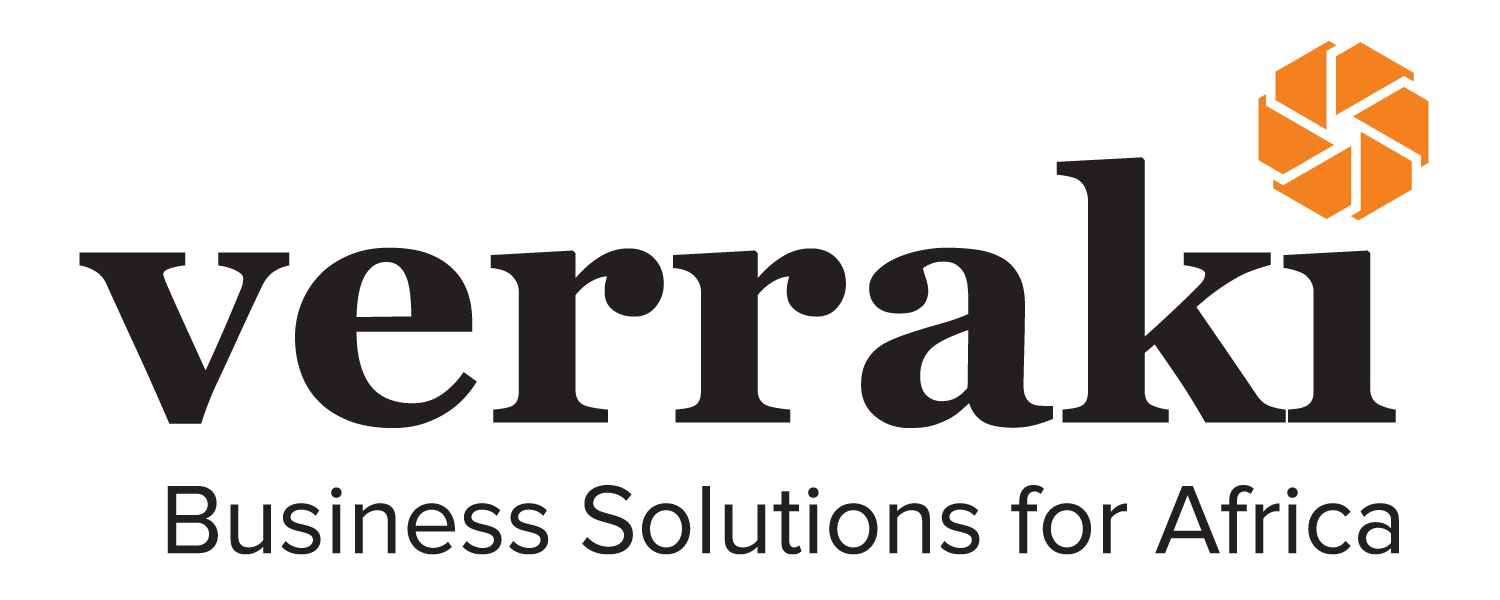The Nigerian banking sector is one of Africa’s fastest growing sectors, with a fintech ecosystem that is recognized as being one of the most vibrant in Africa, with fintech investments growing by 197 percent over the past three years. According to experts who spoke during a panel session discussing the Digital Transformation of Nigeria’s Banking Industry: Opportunities for Investment at the 9th German-Nigerian Business Forum, technology adoption, open innovation, regulatory engagements and the coronavirus lockdown in 2020 have accelerated the growth of digital play in Nigeria’s banking industry.
In his comments, Niyi Yusuf, Managing Partner at Verraki Partners used a historical lens to assess the impact of technology in the financial services sector. He noted that change is always disruptive and technology has continued to evolve and impact all industries, from the first industrial revolution, of mechanization, to the fourth, industrial revolution, underpinned by robotics, AI and cloud technology and with a potential transition to the metaverse in the horizon. Mr. Yusuf highlighted the COVID-19 pandemic as a critical factor that accelerated digital transformation of Nigeria’s financial institutions with many operators embracing cloud-first strategy and moving their infrastructure from on-premises to the cloud during the lockdown.
Africa’s largest economy currently faces huge challenges in reducing poverty and dealing with lingering insecurity - these have negatively affected the country’s economy. However, the successful implementation of 5G and the vista it signposts portends nothing but positives to both the government and businesses at large.
Examining the financial services sector in Nigeria, Mr. Yusuf highlighted two domains ripe for technology innovation; financial exclusion, and access to credit. According to him, 40 percent of adult Nigerians are still outside the financial envelop and neglected, either financially or digitally and stressed that this presents opportunities for fintechs, innovators and banks who can design a product for the market.
Speaking on credit availability, he said that credit to the private sector is about 12 percent of GDP, lower than South Africa and Malaysia, where credit to the private sector is 129 percent and 134 percent respectively. Domestic credit to the private sector refers to financial resources provided to the private sector by financial institutions, such as through loans, purchases of non-equity securities, trade credits and other accounts receivables, that are used for real sector development. “South Africa and Malaysia have economies that are almost about the same size as Nigeria but have leveraged high ratios of credit to the private sector to quickly ramp up real sector growth. These challenges: financial exclusion and low credit access to private sector are indicative of growth opportunities and provide innovation possibilities for technology enabled businesses in Nigeria” he said.
On the issue of competition between traditional financial institutions and fintechs, Ashim Egunjobi, an investor and Country Manager for Elev8 Education, urged for collaboration and open innovation, where traditional players either have a fintech foundry for instance or have other platforms and programmes where they invite fintech innovators to build inclusive ecosystems. According to her, it is the only way innovation will work at the scale, speed and the sustainability that is required to scale up Nigeria’s and Africa’s competitiveness. In addition to collaboration, Olumide Soyombo, an investor and Chief Executive of Bluechip Technologies Limited advised startups and regulators to mutually engage and improve consultation, create better regulatory frameworks and sandboxing opportunities to improve innovation.
All speakers on the panel are Olumide Soyombo, Bluechip Technologies Limited; Daniel Awe, Africa Fintech Foundry; Ashim Egunjobi, Elev8 Education and Niyi Yusuf, Verraki Partners; with moderation by Yemi Keri, Heckerbella.

